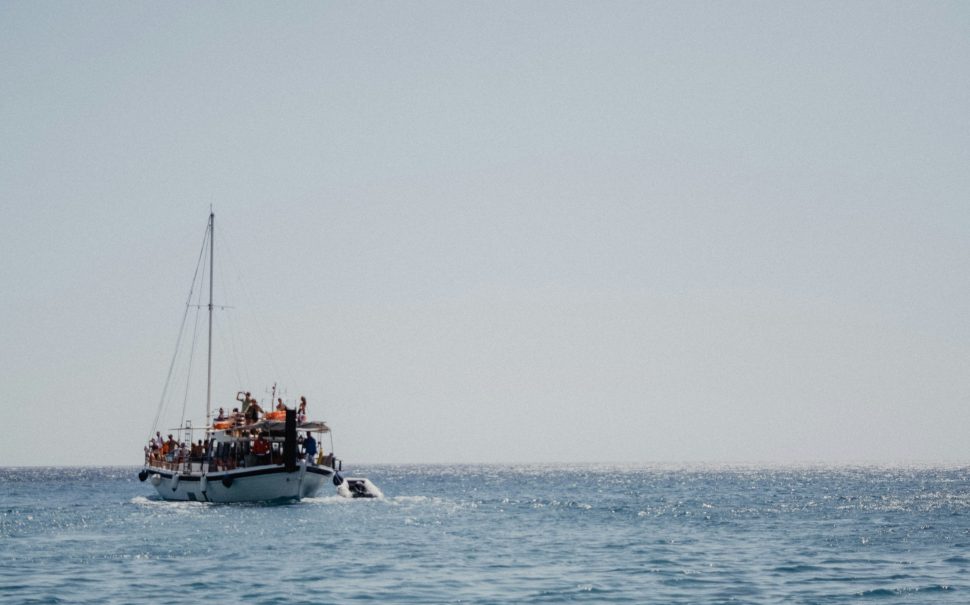A new digital advertisement campaign aimed at discouraging people from the Kurdistan region of Iraq from making the journey to the UK has cost nearly £60,000.
The Home Office launched the campaign a month ago, following similar initiatives in Vietnam and Albania, as it tries to tackle illegal migration.
A Freedom of Information request has revealed the Home Office has so far spent £59,859.72 on the scheme.
Nearly half the amount – £26,570 – was spent on social media advertising costs. These appear on sites like Facebook showing people speaking about how they were forced into labour and the challenges of dangerously crossing the English Channel.
Digital display advertising costing £12,337. The remaining £21,000 was spent on research, production, and development.
The government hopes that this campaign will combat the “myths and misinformation peddled by criminals” and will stop Kurds from attempting the journey to the UK via small boats from Europe.
This campaign comes following an agreement between the UK, Iraq and the Kurdistan region to work closely together to combat people smugglers and to launch campaigns countering misinformation. This was agreed following the home secretary Yvette Cooper’s visit to Baghdad and Erbil last November.
Cooper said the agreement would help tackle the “evil trade in human lives and send a clear signal to the criminal smuggling gangs that we are determined to work across the globe to go after them”.
But Renwar Najm, a London based Iraqi-Kurdish journalist and researcher who is an expert on the Kurdistan region of Iraq, has cast doubt over the campaign.
Najm said: “These kinds of digital ads are very unlikely to have any real impact or discourage Kurdish people from immigrating to the UK and other Western countries.
“Almost all Kurdish migrants are already aware of the dangers of the journey, many personally know someone who has either lost their life or endured extreme hardship along the way. These advertising campaigns offer nothing new to them.”
The reasons people are leaving the Kurdistan region are rooted in economic instability and political uncertainty, he added.
According to statistics released by the Home Office, 12,763 people from Iraq, Syria, Iran, and Turkey crossed the English Channel in 2024. It is likely that a significant proportion of this number were Kurds, although the exact figure is unavailable, as the Home Office collects data based on nationality rather than ethnicity.
Additionally, some Iraqi Kurds may claim to be Syrian or Iranian to strengthen their asylum case or due to risks they face.
Two Kurdish asylum seekers now living in Britain also expressed doubt about the effectiveness of the advertisements. Hama and Rebaz both arrived in Britain last year. They made the dangerous journey from Kurdistan and crossed the English Channel in a small boat.
Hama, 22, who did not wish to share his surname, arrived by small boat last year. He said: “There are no benefits to these initiatives. If the government truly wants to stop people from coming, there are better and more serious ways to reduce the influx from Kurdistan.
“Do they think people don’t know how difficult the journey is? Just as I made the journey and endured all its hardships, there are thousands like me. People are aware of how hard it is.”
Rebaz, 26, who was also willing to be interviewed but did not want to disclose his surname, said: “I fully understand that the Home Office wants to reduce the number of people coming in, and they are right to try and engage with the places people are coming from.
“However, it doesn’t address the root causes of why people are leaving Kurdistan — the lack of opportunity and political instability.
“They told people that if they came to Britain, they would be sent to Rwanda. They announced that people arriving by boat wouldn’t be able to get citizenship, and still, people continue to come.
“Until Britain starts addressing the root of the issue, people will keep coming from Kurdistan.”
Photo by Katt Yukawa on Unsplash





Join the discussion